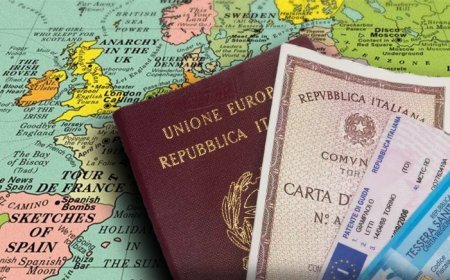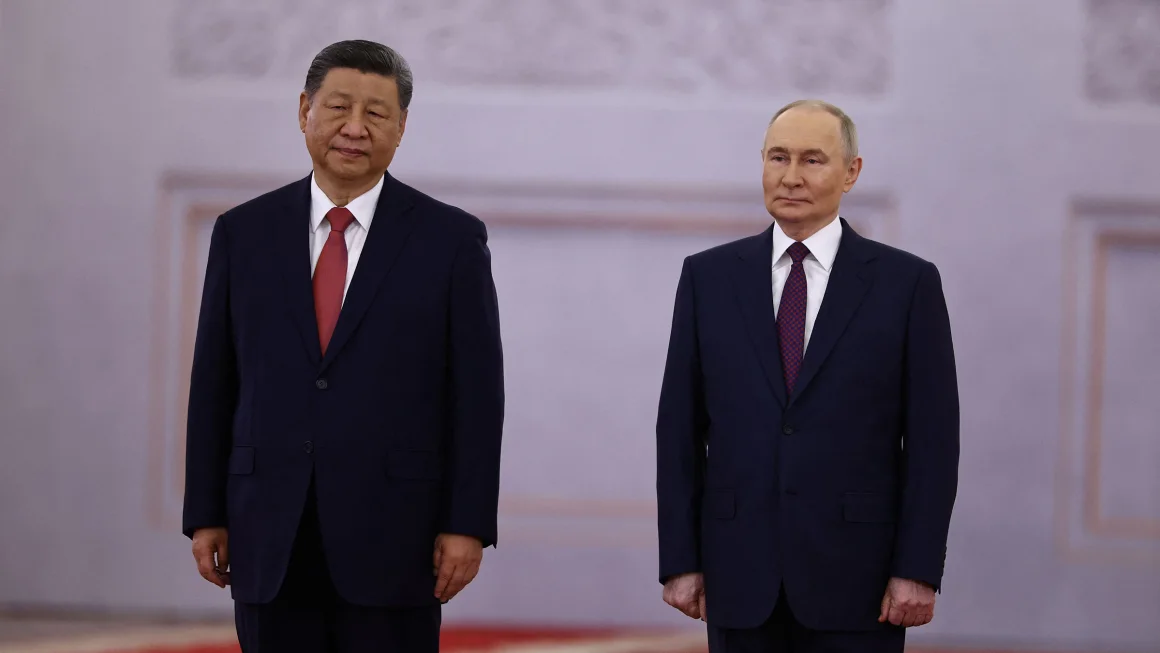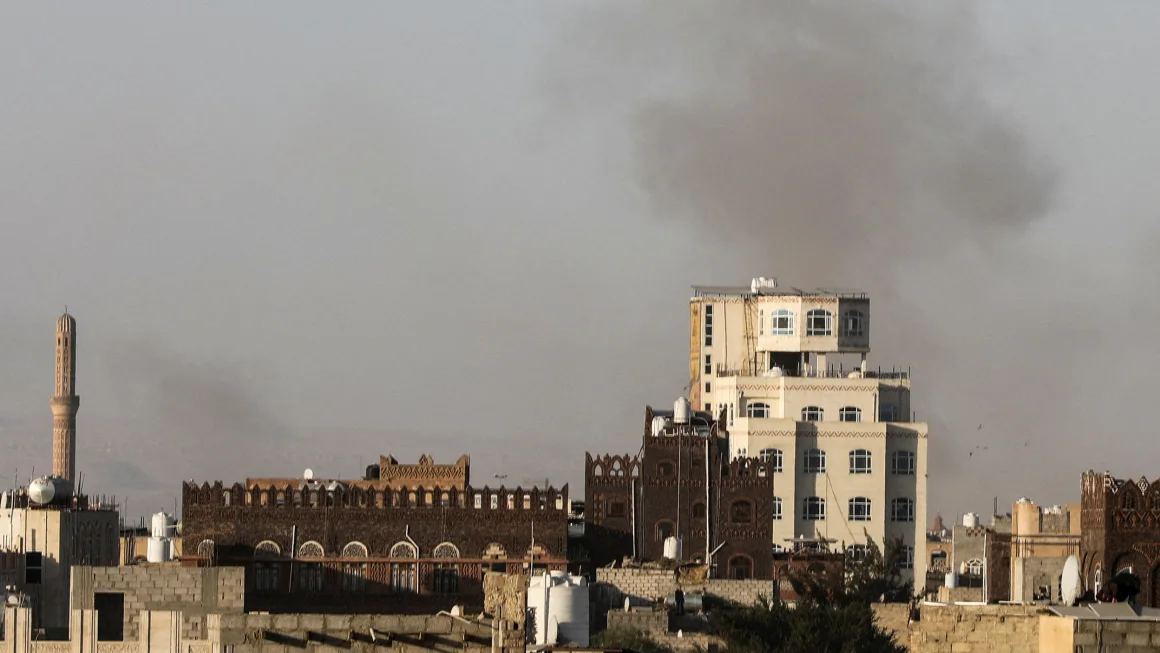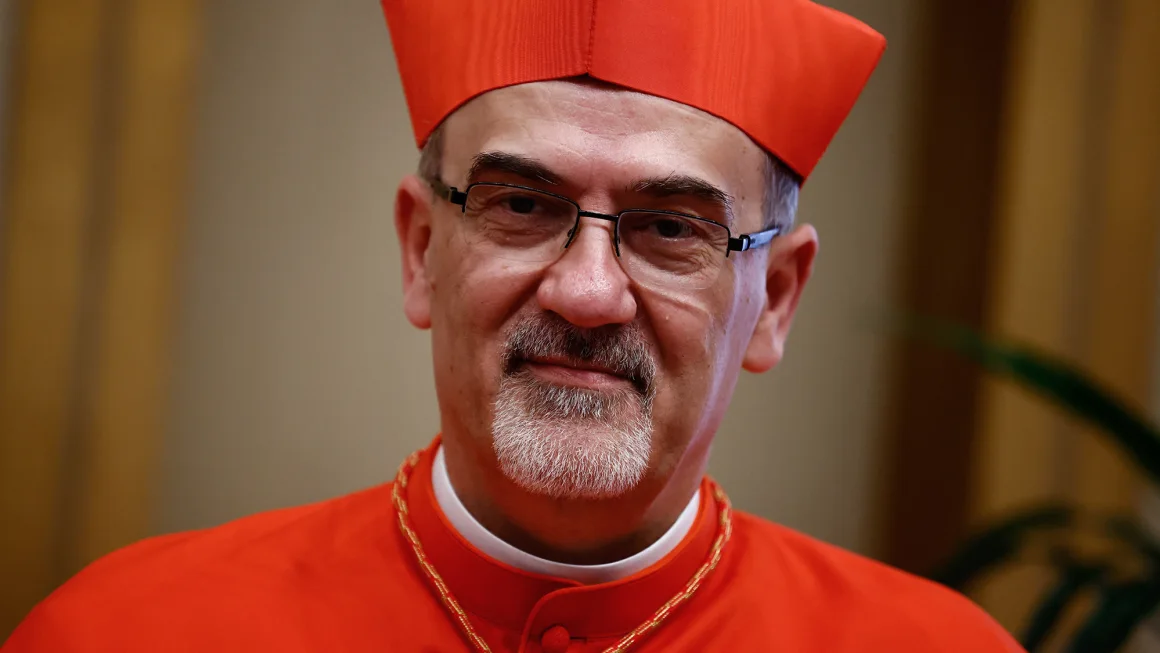Ukraine is forced to confront a brutal Trump reality that it hoped would never happen
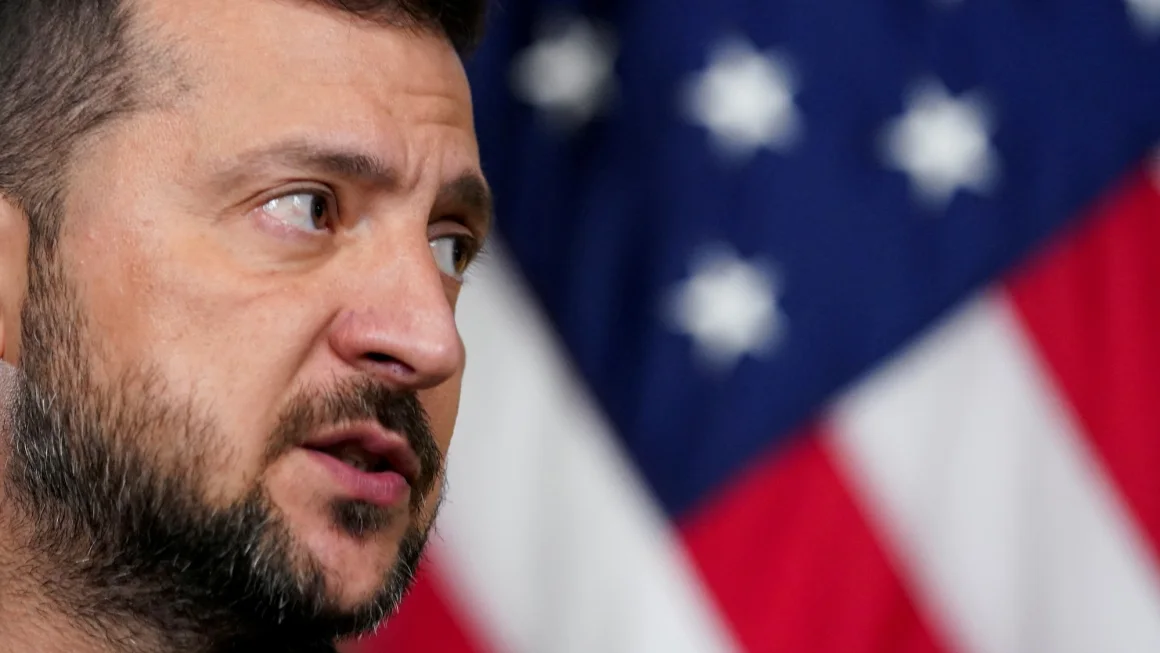
Bets were hedged, upsides conjured and insurance policies crafted. But ultimately, most hoped it would not happen.
Ukraine and its NATO allies have had for months to entertain the idea of a Trump victory, juggling conceits of a strongman US president who might be a yet tougher ally, a dealmaker who might bring a favorable peace, or fresh eyes who might see a new end to a fatiguing war.
This was but a comforting fiction: The road ahead for Kyiv is extremely stark. There should be no enduring mystery about what a Trump presidency means for Ukraine. Donald Trump has said he would end the war “in 24 hours,” but not how. He also said that “Zelensky should never have let that war start,” and dubbed him “one of the greatest salesmen I have ever seen” who gets $100 billion on every visit to Congress.
As of this morning, the fact these statements are wild exaggerations ceased to really matter. They became the warped lens through which the president-elect of the United States will perceive the largest conflict in Europe since the Nazis. Trump may appoint a cabinet that mildly adjusts the pace or tone of his instincts, but in the end he wants out. It doesn’t matter that strategically Ukraine’s war has so far provided the Pentagon with a comparatively cheap means of degrading its second greatest adversary at no cost to American life. It is an anathema to two of Trump’s first term dislikes: costly US military engagement abroad, and upsetting Russian President Vladimir Putin.
The Kremlin’s initial response – that US-Russia relations could not get any worse than they are now under President Joe Biden – surely belies glee. The year ahead was for Russia, according to most analysis, a careful gamble. Moscow has been positioning forces on the hilltops around Ukraine’s military hubs in the Donbas – near Pokrovsk, Kurakhove, Chasiv Yar – to enable this winter the punishing squeeze of Kyiv out of the Donetsk region.
Success in Donetsk could leave the path to major cities like Dnipro and Zaporizhzhia wide open, making the Ukrainian capital suddenly very vulnerable, and likely tipping the scales of the war. Yet the clock has been ticking on Russia’s efforts. Western officials have suggested that its casualty rate – of perhaps 1,200 dead or injured a day – is unsustainable without another major, unpopular Russian mobilization, and that next year Moscow could see a genuine crunch in armor production and ammunition.
Putin played these recent cards hoping Trump would win, on the sure bet he would remain a man of instinct – isolationist and distrustful of America’s long-term alliances.

Trump is erratic and unpredictable, especially with complex and time-consuming matters like foreign conflicts. He prefers the fast fix of just leaving Afghanistan to the Taliban, or a Singapore face-to-face with North Korean dictator Kim Jong Un, or a drone strike on Iranian Revolutionary Guard commander Qasem Soleimani. We may never learn if he really studied the direction he imposes on Ukraine, or if he just never again wants to talk about the war, or spend money on it.
Whatever the speed or detail of the Trump approach, the damage will still be palpable in the weeks ahead. I recall in December of last year the massive blow to morale among Ukrainian troops when Congress stalled US military aid for around six months. Frontline troops told me they would have to flee their positions without that help, even if they knew the Biden administration still wanted – in principle – to have their back. Now they must deal with the tables turned: the possibility that some aid still drips through from the Pentagon and European NATO allies, but that the Trump administration has instead taken a hostile posture at Kyiv’s spine.
Furthermore, Trump enters the White House at perhaps the most perilous time for Kyiv since the start of the war. Several analyses of the front line show Ukraine has lost ground at an almost unparalleled pace in October; losing small villages that are inconsequential by themselves, yet in the round amount to a strategic setback that leaves the east acutely vulnerable.
There has long been a policy flaw in NATO’s approach; the Biden administration did not want to arm Ukraine forcefully enough that Russia might be militarily defeated, as it feared wider escalation. But Biden also could also not countenance letting Russia prevail. Instead the alliance sked Ukraine to endure, in the hope eventually Putin would crumble. It was the messy contradiction at the heart of the support for Kyiv, yet better than asking Ukraine to surrender.
Without the will to fight – the belief that the battle is winnable – it is near impossible to ask Ukrainians to sit under shellfire in a trench, or drive their armor at the deadly fire of enemy positions. Nobody wants to be the last soldier to die in a war; nobody wants to lose their life fighting to protect a family who will likely live under Russian occupation anyway.
Trump’s victory may also complicate the very position of Zelensky. For years Zelensky has – to paraphrase Trump – been foremost an outstanding salesman of Ukraine’s cause. Now he is weighed down with immense baggage from Trump’s first term when he was emboiled in Trump’s requests to investigate the Biden family. Can Zelensky still be that salesman? Is a fresh face in Bankova more likely to garner military aid, or strike a viable peace deal?
Those tired of the Ukraine war – be they Kyiv ally or frontline soldier – should still not embrace the idea of a Trump-backed deal. Moscow has proven, in Syria in 2013 and Ukraine in 2015, that it negotiates to buy time to prepare for, or fulfill, its military goals. Putin will accept whatever territorial gains he can concretize – he already has the gains at the negotiating table. But he will then regroup, and not stop. He has sold the war domestically as Russia facing the massed ranks of the entire NATO alliance. An overheated Russian economy, astronomical death toll and retooling of Russia’s industrial base, all in service of that supposed fight, cannot simply be undone. Putin is increasingly needy of the war to retain his grip on power.
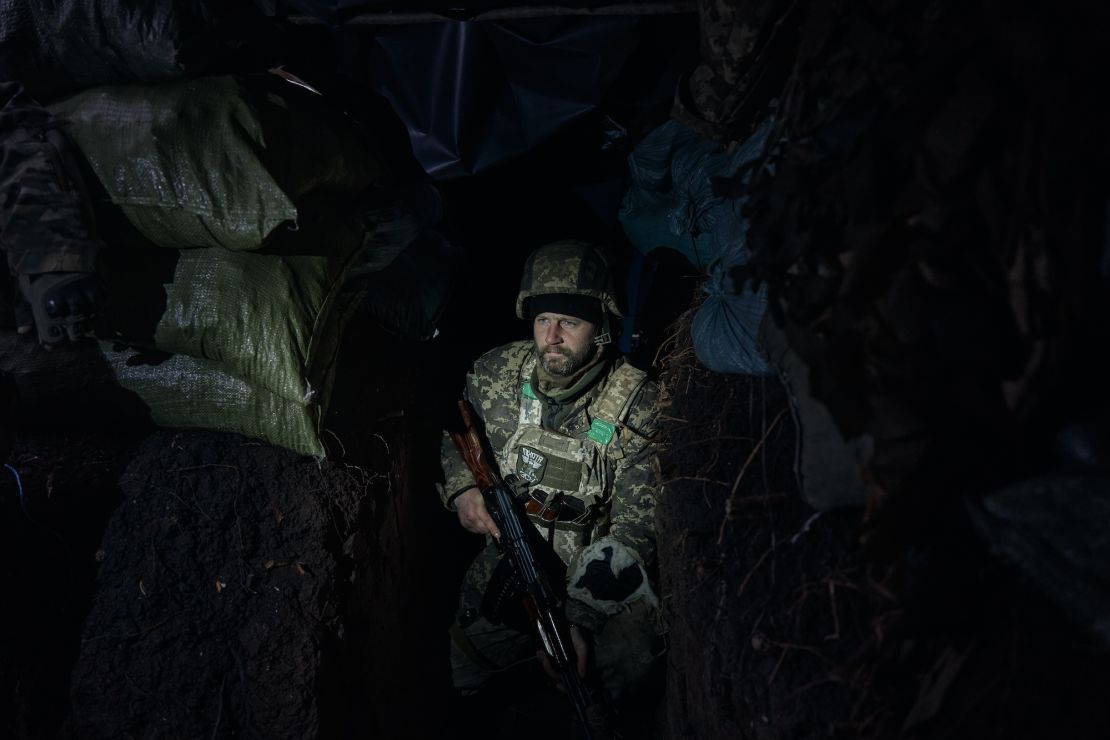
This is apparent in his maximalist behavior towards Russia’s neighbours in the last month. The recent turmoil in Georgia and Moldova, where pro-Russian forces have challenged pro-European movements with limited success, may see yet greater intervention from Russia in the months ahead. Putin is unlikely to suddenly abandon his hunger for greater regional influence. Remember his original motivation: This war began because he wanted to occupy Ukraine, and keep it out of NATO and the European Union. The Russian blood expended over nearly three years likely demands a greater victory than simply keeping the territorial gains it already has.
One vital lesson of the war will meanwhile face a grave assault. For the past two years, Putin’s fiercest opponents have pushed the key idea that we need no longer fear Russia; that the Kremlin fanned the fear of its hulking Bear as a psychological weapon to make up for its military decrepitude. Ukraine’s unexpected resistance showed that fear was misplaced, and that Moscow had struggled to defeat a neighbor it once scorned as unable to fight.
Now a Trump White House may ask the world to quickly swallow an apparently similar contention that is terrifyingly different: that the West should not be afraid of Russia as it does not really mean much harm. That would be Putin’s greatest victory, and the West’s sorest weakness.
The post Ukraine is forced to confront a brutal Trump reality that it hoped would never happen appeared first on Egypt Independent.
What's Your Reaction?
 Like
0
Like
0
 Dislike
0
Dislike
0
 Love
0
Love
0
 Funny
0
Funny
0
 Angry
0
Angry
0
 Sad
0
Sad
0
 Wow
0
Wow
0




























